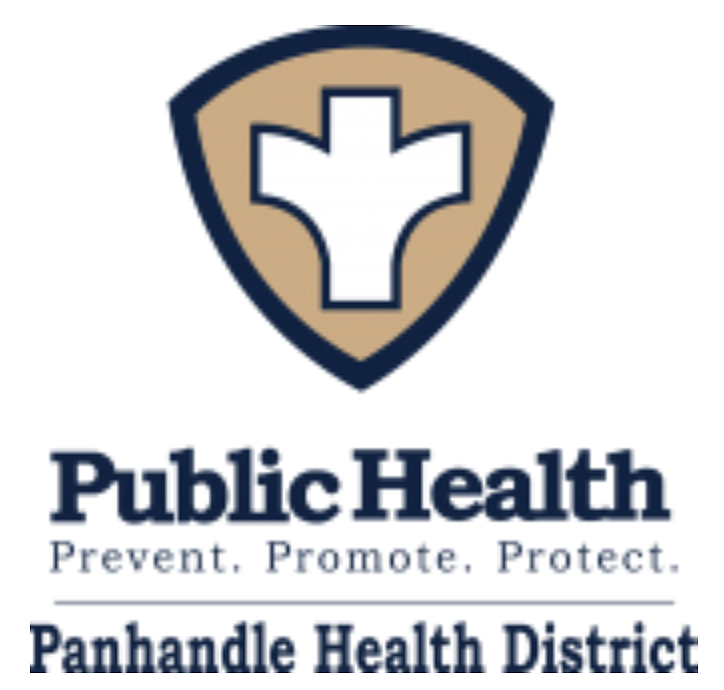First monkeypox case reported in PHD
Panhandle Health District (PHD) is announcing the first case of monkeypox in a resident within the District’s jurisdiction. As the investigation is ongoing, no further details can be provided at this time.
“We are working closely with the state to take any action to swiftly break the chain of infection, but it is possible the individual acquired the infection while outside of the area,” said Jeff Weigel, epidemiologist with PHD. “It’s important to remember that the risk of monkeypox in the United States, and north Idaho remains low.”
State and local public health officials are working with the patient’s healthcare providers and the Centers for Disease Control and Prevention (CDC) to ensure that the patient is treated and that any potential contacts are identified and notified. In May 2022, the CDC began receiving reports of multiple cases of monkeypox in several countries that don’t normally report monkeypox, including the United States. As of October 6, over 26,000 cases of monkeypox have been reported in the U.S., including 15 cases in Idaho.
Monkeypox usually causes a mild illness, and most people recover on their own. Some people will have flu-like symptoms — such as a fever, body aches, and chills — and may have swollen lymph nodes in the days before a rash appears. The rash may start on any body part as small, red spots. They can become firm and circular with a defined border, and may become pus-filled with an indentation (like a dot) in the middle.
Monkeypox is contagious but does not spread as easily as COVID-19 or the flu. Monkeypox spreads between people primarily through direct contact with infectious sores, scabs, or body fluids. It can also spread through respiratory droplets during prolonged, face-to-face contact. Antivirals are available for patients who might have severe disease or develop complications. Individuals with monkeypox should isolate until their lesions have healed.
Someone with monkeypox is contagious from the time their symptoms begin until all lesions have healed and fresh skin has formed.
Monkeypox disease is caused by the monkeypox virus, which is usually found in several countries in central and western Africa. Prior to the global 2022 outbreak, nearly all monkeypox cases in people outside of Africa were linked to international travel to countries where the disease commonly occurs, or through imported animals.
“If anyone suspects they might have monkeypox, they should limit their contact with others and contact their healthcare provider as soon as possible,” said Weigel. “If your test is positive, stay isolated until your rash has healed, all scabs have fallen off, and a fresh layer of intact skin has formed.”
People who may be at higher risk of monkeypox include anyone who has had contact with someone with a rash that looks like monkeypox, had skin-to-skin contact with someone in an environment with monkeypox activity, traveled outside the U.S. to a country with confirmed cases of monkeypox, had contact with a dead or live animal that is found in Africa, or has used a product derived from such animals.
Some of the ways you can help prevent infection with monkeypox virus include:
• Wash your hands, especially after contact with possibly infected people (or animals) and contact with materials like bedding that have touched any lesions.
• Limit direct contact with anyone who has a new rash.
• Stay home except for medical appointments if you have a new rash.
• Isolate from household members and pets if you have a new rash.
• Wear personal protective equipment if caring for someone with monkeypox.
• Avoid contact with animals or animal products from central and west Africa. No animals in the United States are known to have been infected with the monkeypox virus in this outbreak.
As with any new disease outbreak, the risk of stigma and uncertainty is great. Public health officials are working alongside CDC, health clinics, and community organizations throughout Idaho to share accurate information about monkeypox — especially to people and groups at increased risk — through representative voices.
For more information about monkeypox, please visit https://www.cdc.gov/monkeypox

